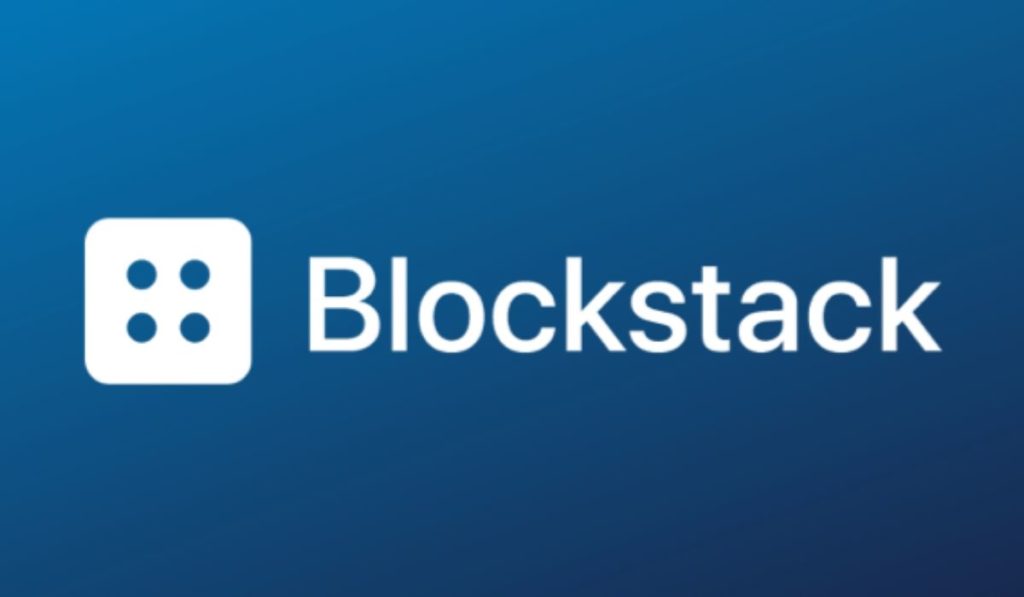
There was a time when Google seemed like the perfect answer to all of our online needs. First, it was just a decent search engine. Then, it was easy to slide into the new offerings of email, storage, calendar, and other web-based services. But now, when we look at the news, we wonder if we made the right choice. Google is embroiled in several legal issues, including anti-monopoly cases and more distressing, privacy concern issues. This may make us think twice about trusting them with such a large part of our digital lives.
But, many of us stick with Google because we don’t see an alternative. Fortunately, there are many excellent options, many of them that directly address privacy issues. The privacy-first alternatives below are based on Blockstack, a decentralized computing network and app ecosystem that puts you in control of your identity and data. If you are concerned about privacy, and you should be, check out these options.
Photos
Google Photos: The idea of unlimited photo storage sounds fantastic, but it comes at the cost of giving Google access to the most personal aspects of your life.
Alternative: Photo Vault – Built on the Blockstack infrastructure, decentralized, encrypted storage gives you control of your photos. You also get unlimited free storage and the ability to make minor edits to your images.
Storage
Google Drive: With 15GB of free storage that you can access from anywhere, Google Drive seems like a great deal. But, keep in mind that Google has access to every one of your documents.
Alternative: pDrive – With built-in end-to-end encryption on Blockstack, you get secure, 100% private file storage that only you can access.
Notes
Google Keep – Keep is designed to make it easy to take and store notes, photos, voice memos, and checklists. It syncs to Google Drive to provide access from anywhere.
Alternative: pNotes – If you want the same basic features while retaining control of your privacy, pNotes offers end-to-end encryption on the decentralized Blockstack platform, meaning you are in control of your data.
RSS
Google Reader – In addition to having privacy issues, Google also sometimes just kills off a product. Reader was Google RSS reader until 2013 when it was discontinued.
Alternative: Privus Reader – Based on Blockstack, Privus is designed to allow you to follow the RSS feeds of all your favorite sources in complete privacy.
Bookmarks
Google Bookmarks – Bookmarks allows you to access your web shortcuts from anywhere. However, since it is part of Google, you aren’t the only one who knows the sites you are visiting.
Alternative: pBookmarks – pBookmarks offers precisely what you need to keep your bookmarks safe, organized, secure, and 100% private.
Calendar
Google Calendar – What makes Google calendar great is the way it integrates with other Google services. However, that also means that Google has access too.
Alternative: Secure Calendar – Secure Calendar is a great looking, intuitive, fully-featured calendar with secure, end-to-end encryption, so your private calendar is actually private.
Phone
Google Voice – Google’s free telephone service offers call forwarding, voicemail, and the ability to make and receive calls.
Alternative: dPhone – Using the Blockstack infrastructure, dPhone ensures privacy using P2P architecture and end-to-end encryption.
Podcasts
Google Podcasts – Google’s Podcast app is known for its personalized recommendations. However, Google bases those recommendations on your listening habits.
Alternative: DCAST – Listen to your favorite podcasts in complete privacy. Thanks to the Blockstack platform, your listening habits are yours and yours alone.
Disclosure/Disclaimer: This press release is sponsored and produced by a third-party source and should not be viewed as an endorsement by ZyCrypto. Readers are urged to do their own research before investing or having anything to do with the company, goods and/or services mentioned in the above article.
The post Ditch Google With These Privacy-First Alternatives Built on Top of Blockstack appeared first on ZyCrypto.